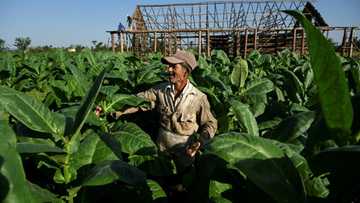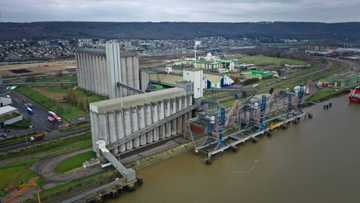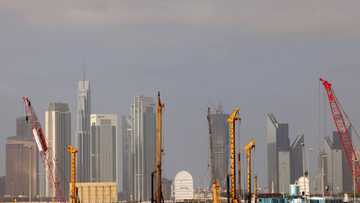Curse or blessing? In Uganda, oil project gets mixed reviews
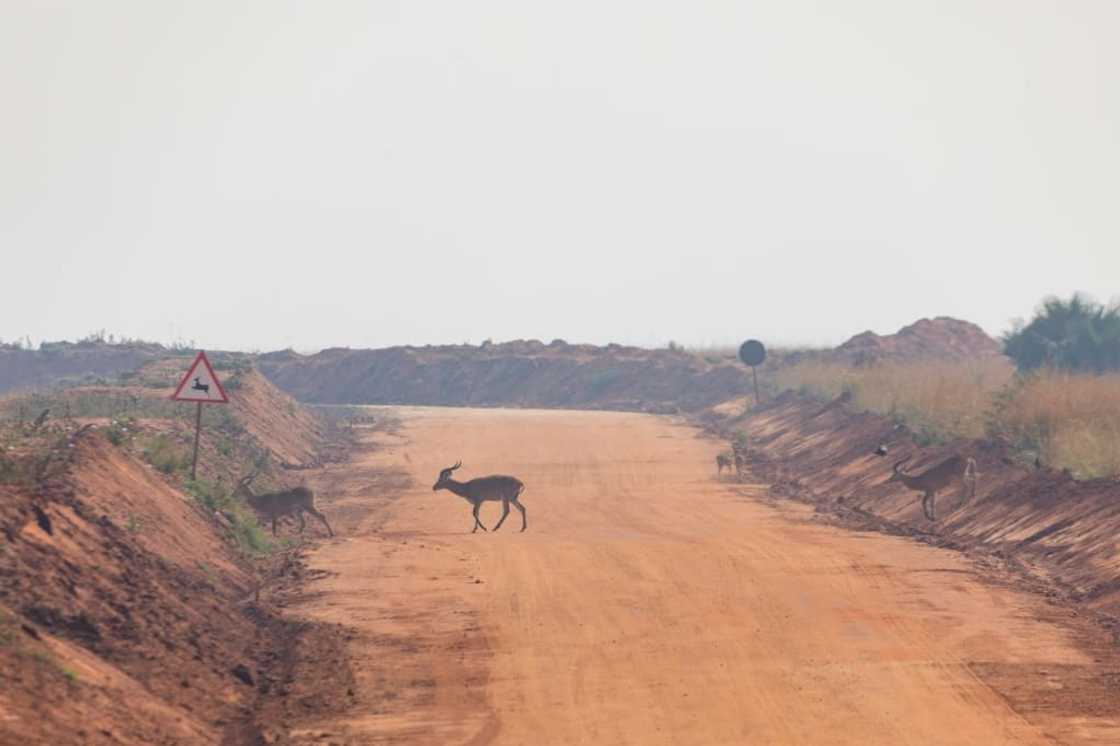
Source: AFP
PAY ATTENTION: Never miss breaking news – join Briefly News' Telegram channel!
On the teeming savannah of northwest Uganda, antelopes gaze beyond a metal fence as a giant rig is raised above cleared tracts of grasslands to make way for oil drilling.
Wide tarmac roads have replaced dirt tracks, a modern airstrip has been laid, and fancy hotels and shops have sprung up around the national wildlife park where the Tilenga mega-project is well under way.
Oil is coming to this biodiverse but impoverished region on the eastern shores of Lake Albert -- and not everyone is pleased.
French oil giant TotalEnergies, which is developing the Tilenga oilfield, will learn on Tuesday if a court in Paris agrees with accusations that it trampled on human rights and the environment in pursuit of fossil fuels in Uganda.
From 2025, the company says, oil will be pumped from landlocked Uganda over 1,400 kilometres (870 miles) to the coast of Tanzania along what will be the world's longest pipeline of its kind.
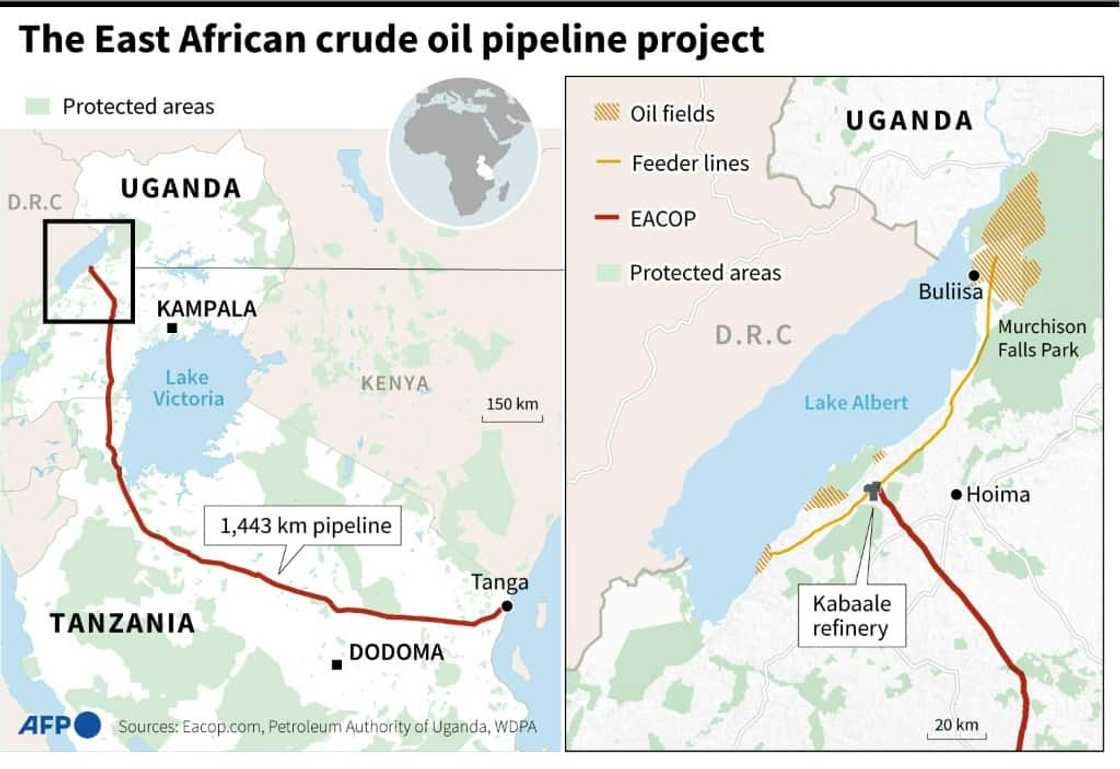
Source: AFP
PAY ATTENTION: Follow Briefly News on Twitter and never miss the hottest topics! Find us at @brieflyza!
The project partly stretches into Murchison Falls National Park, a protected area.
Critics say it poses a poorly-assessed threat to one of Africa's most fragile ecosystems and the livelihoods of tens of thousands of people.
Mixed picture
On the ground, interest has largely focused on the economic impact from the arrival of Big Oil -- and the response is mixed.
TotalEnergies says Tilenga will create 7,000 jobs in the Lake Albert region, and some locals have benefited from land buyouts, scholarships, and development spurred by the project.
Others have landed in court for resisting the $10 billion project, which includes the pipeline development and another oil field overseen by the China National Offshore Oil Corporation.
Emily Fwachan, who hails from Buliisa district where the Tilenga fields are located, sold five acres (two hectares) of land to TotalEnergies for a compensation package valued at 25 million Ugandan shillings ($6,800).
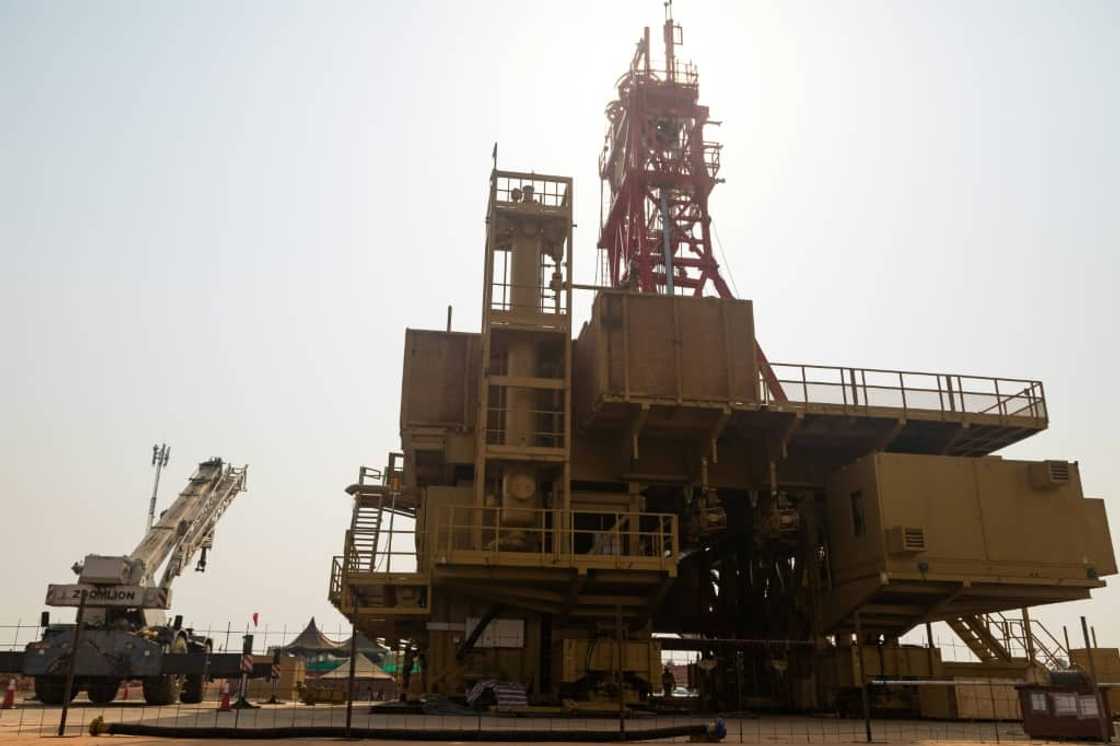
Source: AFP
The company built the 54-year-old a new home, and she used some of the cash to buy her son property and a motorcycle, help her daughter find work, and establish a bee farm to sell honey to oil workers.
"For me I got more benefits than problems," Fwachan told AFP.
Joselyn Katusabe, a single mother of six, received roughly $1,000 for selling a small parcel of land where she grew cassava. The 48-year-old opened a small salon and paid off school fees before the cash ran out.
"Unlike the cassava farm that was taken over by the oil project, the salon gives me a daily income. Still, it is not enough," she said.
'Injustice'
Scovia Aheebwa, one of 12 siblings, said a scholarship she received from TotalEnergies allowed her to finish her studies and opened many doors.
"My parents always struggled to pay school fees," said Aheebwa, 25, who graduated from university and teaches science at a respected school in Kampala.
TotalEnergies says more than 200 students have benefited from the programme.
Jealousy Mulimba Mugisha refused the compensation offer and was taken to court by the government for allegedly obstructing a state project.
The 51-year-old father of seven lost the case but is appealing, though isn't confident of his chances.
"In Uganda if you are poor, you don't expect justice," he said.
The East African nation has been ruled by President Yoweri Museveni with an iron fist since 1986.
Mugisha said some family members were "intimidated" into taking the $960 compensation money.
"But we insist that rather than accept the paltry compensation offer, in future we can tell generations to come that oil is a curse rather than a blessing," he said.
Geoffrey Byakagaba, another farmer who refused compensation, said others were free to take what was offered but "we refused to be mocked".
"We cannot allow injustice," he said.
'Highest standards'
TotalEnergies general manager in Uganda, Philippe Groueix, said there would always be a few detractors but overall the response to compensation had been positive.
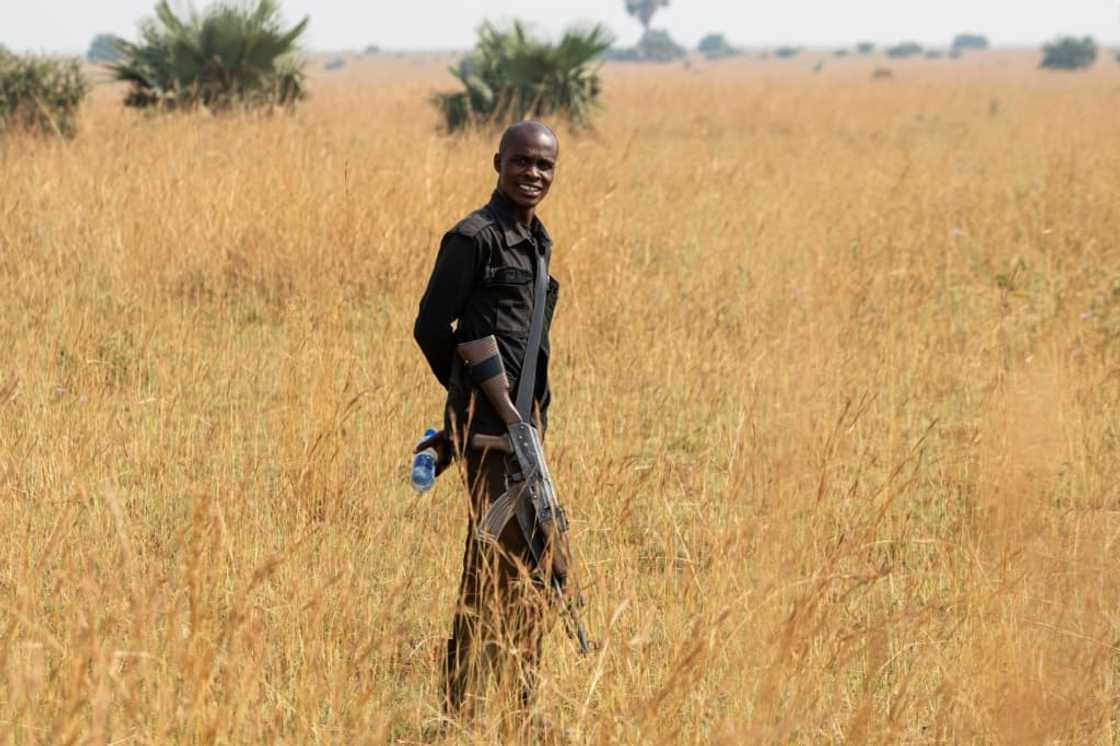
Source: AFP
He defended the environmental record of the project, which lies in the Albertine Rift, a biodiversity hotspot home to a dizzying array of bird and threatened wildlife species.
"There is debate about this project, (if) this project is done in (an) exemplary manner, socially, environmentally, yes, or no. Our answer is yes," he told AFP.
"This project is one with the highest standards."
He said TotalEnergies expected a "positive outcome" from the court ruling in Paris, where six non-government organisations have accused the oil giant of ignoring concerns over livelihoods and the environment.
TotalEnergies says it has limited the number of wells inside Murchison Falls National Park and designed the pipeline to minimise its impact on the environment.
PAY ATTENTION: Сheck out news that is picked exactly for YOU ➡️ click on “Recommended for you” and enjoy!
Source: AFP


